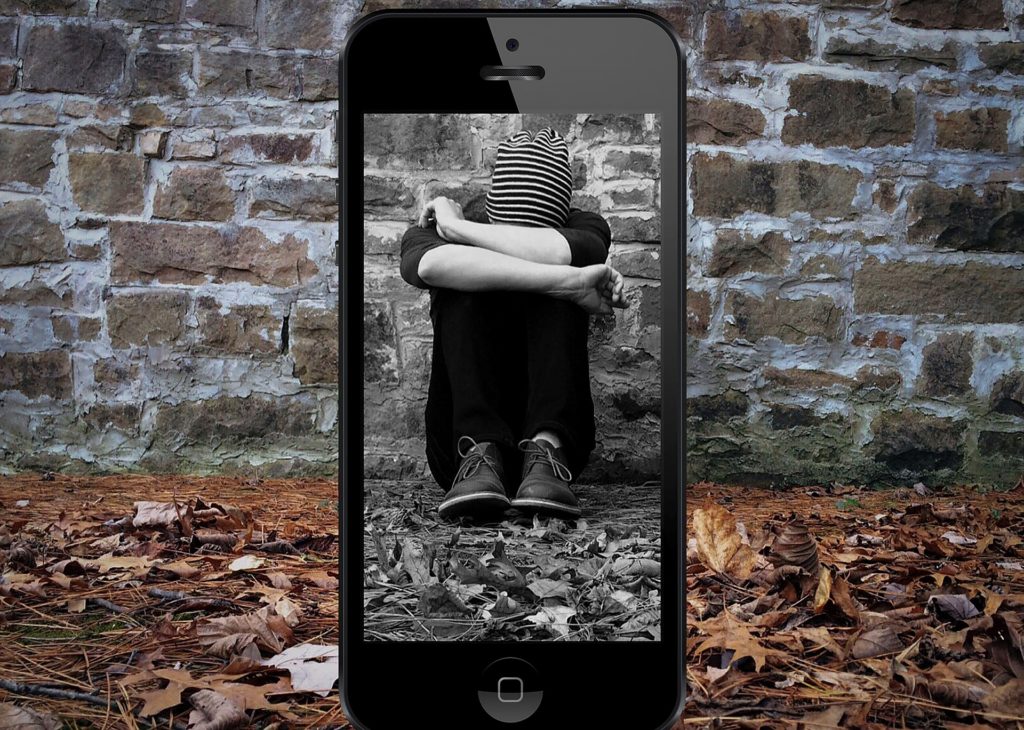Amidst concerns that tech companies possess too much power to shape digital communications, in May 2020 – just days after Twitter fact-checked some of his tweets – President Trump signed an executive order that could limit legal protections afforded to social media platforms.
In short, the order directs the Federal Trade Commission to review potential cases of anti-conservative bias on behalf of social media platforms under its Section 5 authority to investigate and take action against unfair or deceptive acts or practices. Importantly, the order also directs the Commerce Department to petition the Federal Communications Commission to reexamine the scope of Section 230 of the Communications Decency Act.
Each day, millions of children go online to view and interact with friends, fans, and strangers. But the anything-goes nature of the internet puts kids at risk on sites like Omegle, 4chan, and 8chan, where predators find victims and where harassers threaten and bully the vulnerable. Online interactions can manifest into physical violence and other forms of harm.
However, most parents believe that as long as their children are at home, quietly typing on their computers and smartphones, they are safe and content.
But a leading social media authority says these stay-at-home kids, quietly surfing social media sites, are neither safe nor content in fact, many are in psychological and emotional turmoil.
Though their behavior may appear normal, our children are being exposed to 24/7 cyber-trauma from their continual connection to CYBERBULLIES, SOCIAL MEDIA, and visits to the DARK WEB, says Certified Social Media Intelligence Expert Dr. Steve Webb, author of the Amazon best-selling book Education in a Violent World.
Cyberbullies & Cybertrauma
The CDC now designates suicide as the 2nd leading cause of death among children. The high ranking reflects the fact that most kids are not able to get away from the CYBER-BULLIES prowling online and the CYBER-TRAUMA these bullies generate.
How can we identify whether our children are experiencing this trauma when they’re at home, being really quiet on their electronic devices? asks Dr. Webb.
Our 21st Century kids don’t communicate verbally as well as kids used to because they’re accustomed to doing it through technology. Because they are not complaining about their situation with their parents, their parents think they’re doing good, when in fact, the kids are involved in a world that is continually traumatizing them.
Stressful Interactions on Social Media
Kids are addicted to using their social platforms the entire day to give and receive information, and to establish themselves in society.
With one comment a child can become famous on Instagram or Snapchat or other popular apps. Students must bear the 24/7 stress of maintaining and improving their online image while dreaming up ways to increase their following. Defending against derogatory comments or accusations on apps like Twitter can be stressful and time-consuming.
Visits to the Dark Web
What happens when the content available on the Internet no longer shocks the senses? When that happens, to continue the high, humans up-the-ante and take things to another level. That’s why kids are logging onto the Dark Web, an encrypted network of websites unable to be seen or regulated by law enforcement where access to anything and everything is possible, from drugs and prostitution to child trafficking, murder-for-hire and worse. Here the lowest, most grotesque human behavior is modeled — adversely influencing a child’s psychology, sense of morality, and behavior.
Everybody is looking forward to sending their kids back to school, but everyone must understand that these kids are going to behave differently after this much time off, says Dr. Webb. And with the always-online speed-of-light digital world of instant information and instant gratification these kids now live in, there will be portions of the curriculum and daily schedule that will be boring and that is going to lead to BEHAVIOR ISSUES.
We don’t want the process of going back-to-school to escalate into dangerous behavior or suicide.
Sample Interview Questions
- You say that our kids are living in an online world which is much different than the real world. Explain their world, and why parents need to know what goes on in it.
- Being online, all day, every day. What effect does it have on kids?
- Explain cyberbullying, and how it has been affecting suicide rates in children
- How can you tell if your kids are being cyberbullied?
- What are the main online traumas kids are dealing with every day?
- What is the Dark Web, and how can you tell if your child is connecting to it?
- Tell us about your book, Education in a Violent World, and how listeners can get in touch with you for more information about Social Media Security and School Security.
Also on Coast to Coast
-
Desert Harvest’s Newest Product: Providing Gentle Relief to the Body
-
Unpacking the Most Popular Video Games of the Holiday Season with Kia Malone
-
A Cup A Day: Managing Diabetes One Beverage at a Time
-
Episode 27 of Coast to Coast: Checking out the Galleri Classic & Summer Travel Inspiration with Dalia Colón!
-
Coast to Coast Kicks Back at GBK Brand Bar’s Pre-Oscar Luxury Lounge
